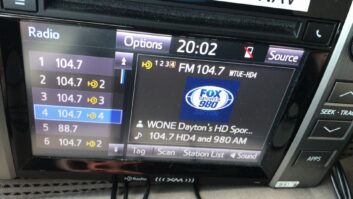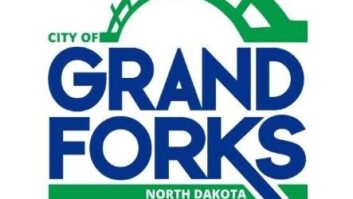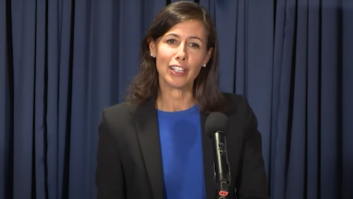Diversity in broadcasting
May 1, 2008 12:00 PM, By Harry Martin
The Commission’s 40-page order in its diversity proceeding, issued March 5, covers an extraordinarily wide range of broadcast regulatory issues and involves both new rules and proposed new rules. That range includes extension of construction permit deadlines, the equity/debt plus attribution rule, and distressed station sales, among many others.
The FCC’s overarching goal here is to bring more minorities and women into the broadcast ownership ranks. Historically, these groups have not been represented in those ranks in the same proportion as their numbers in the overall U.S. population. While the FCC may view it as desirable policy to try to change that, the Constitution generally prohibits race-based (and, to a lesser degree, gender-based) governmental policies except under certain limited circumstances not present here. Here are the major changes that will affect radio.
Rule changes adopted
The new rules would provide benefits, for constitutional reasons, to �eligible entities� rather than to minorities or women per se. A television station is considered an eligible entity if it has annual receipts of no more than $13 million per year; the corresponding level for radio stations is $6.5 million per year.
CP extensions — The new rules provide for 18-month extensions of new station construction permit expiration time when a permit holder sells the permit to an Eligible Entity.
EDP calculations — The FCC is now relaxing the EDP (equity/debt plus) attribution rule to allow up to a 50 percent equity and/or debt interest in an eligible entity or a debt interest alone (no equity) of up to 80 percent.
Distress sale policy — The FCC is modifying its distress sale policy so a station owner facing an FCC renewal or revocation hearing can avoid the hearing by selling to an eligible entity for 75 percent of the station’s appraised market value.
Non-discriminatory agreements — The FCC is now prohibiting discrimination — on the basis of race, gender or related protected categories — in the sale of commercial full-service broadcast stations and in the sale of broadcast advertising time. These rules will be enforced through imposition of new certification requirements in FCC application forms.
Rule changes proposed
Presumption of qualification as eligible entity — The FCC proposes to change the definition of eligible entities to encompass companies, consistent with a similar SBA program, owned and controlled by socially and economically disadvantaged businesses.
Modified Ownership Reports — The FCC is proposing to modify its existing ownership reporting forms to gather race and gender information.
Sharing HD FM Channels — FM licensees would be permitted to share their HD Radio channels with eligible entities. This would allow the eligible entity to rent or buy the second or third HD Radio multicast channel.
Dateline
June 2 is the deadline for submission of biennial ownership reports by radio stations in Michigan and Ohio.
On June 2 radio stations with more than 10 full-time employees located in Michigan and Ohio must electronically file their Broadcast EEO Mid-Term Reports (Form 397) with the FCC.
Also on or before June 2 radio stations licensed in the following jurisdictions must place their annual EEO Reports in their public files: Arizona, D.C., Idaho, Maryland, Michigan, New Mexico, Nevada, Ohio, Utah, Virginia, West Virginia and Wyoming.
Martin is a past president of the Federal Communications Bar Association and a member of Fletcher, Heald & Hildreth, Arlington, VA. E-mail[email protected].












